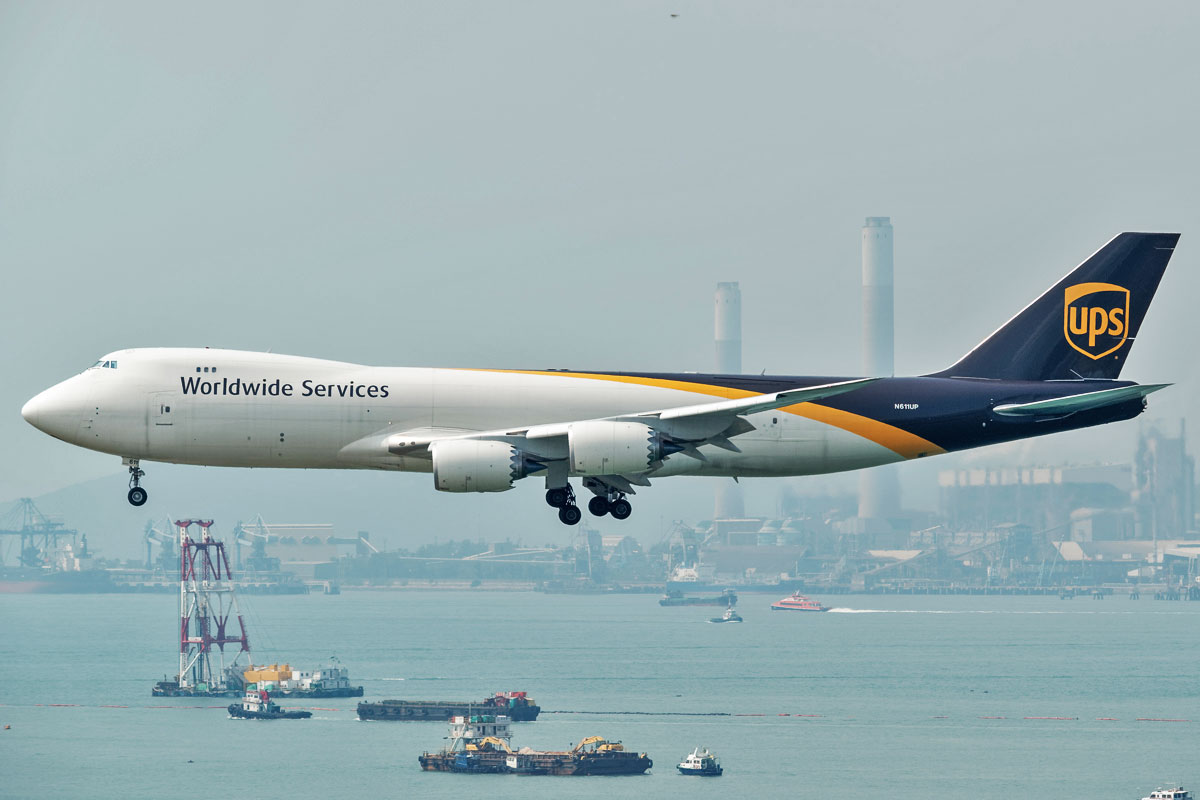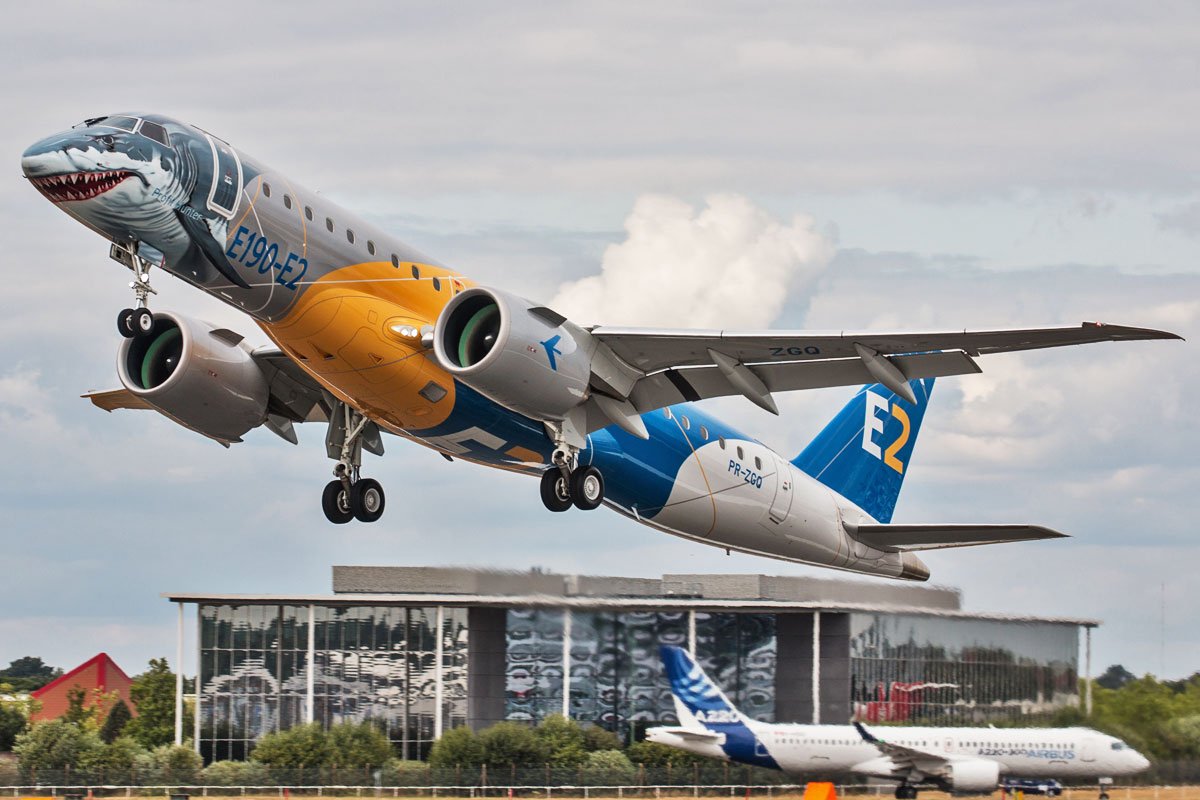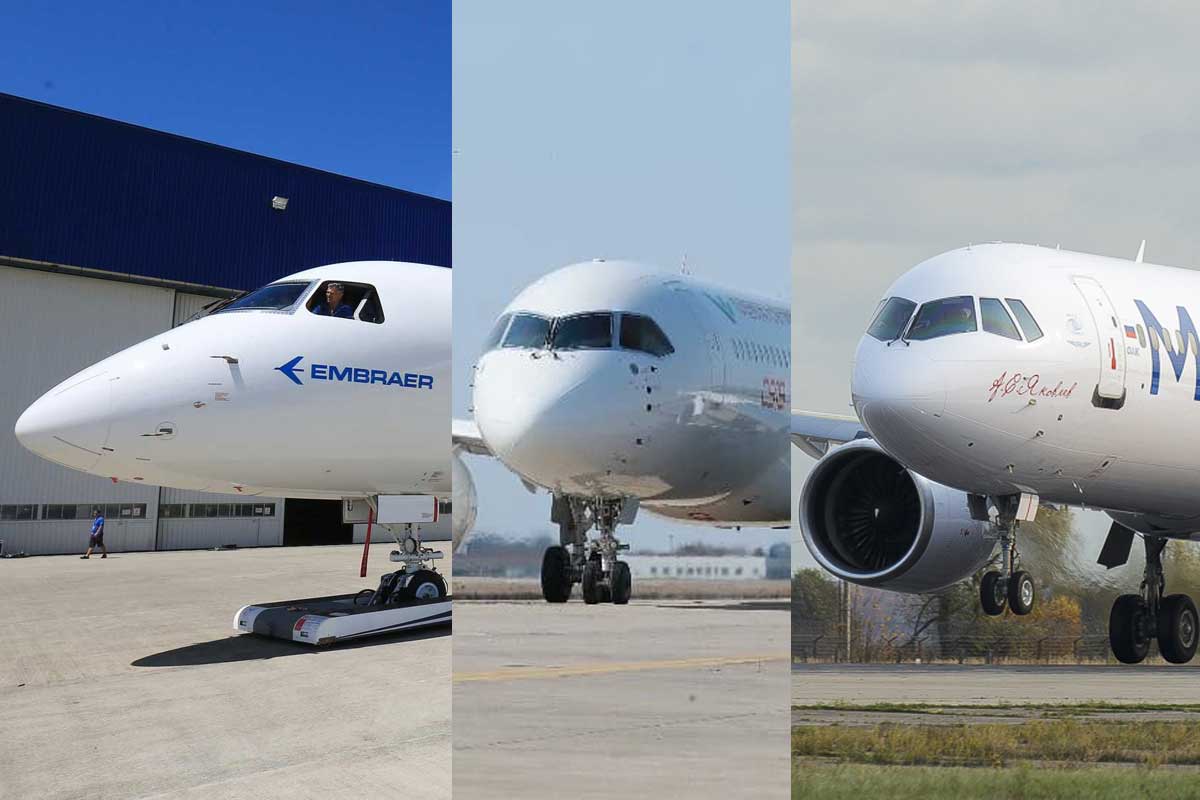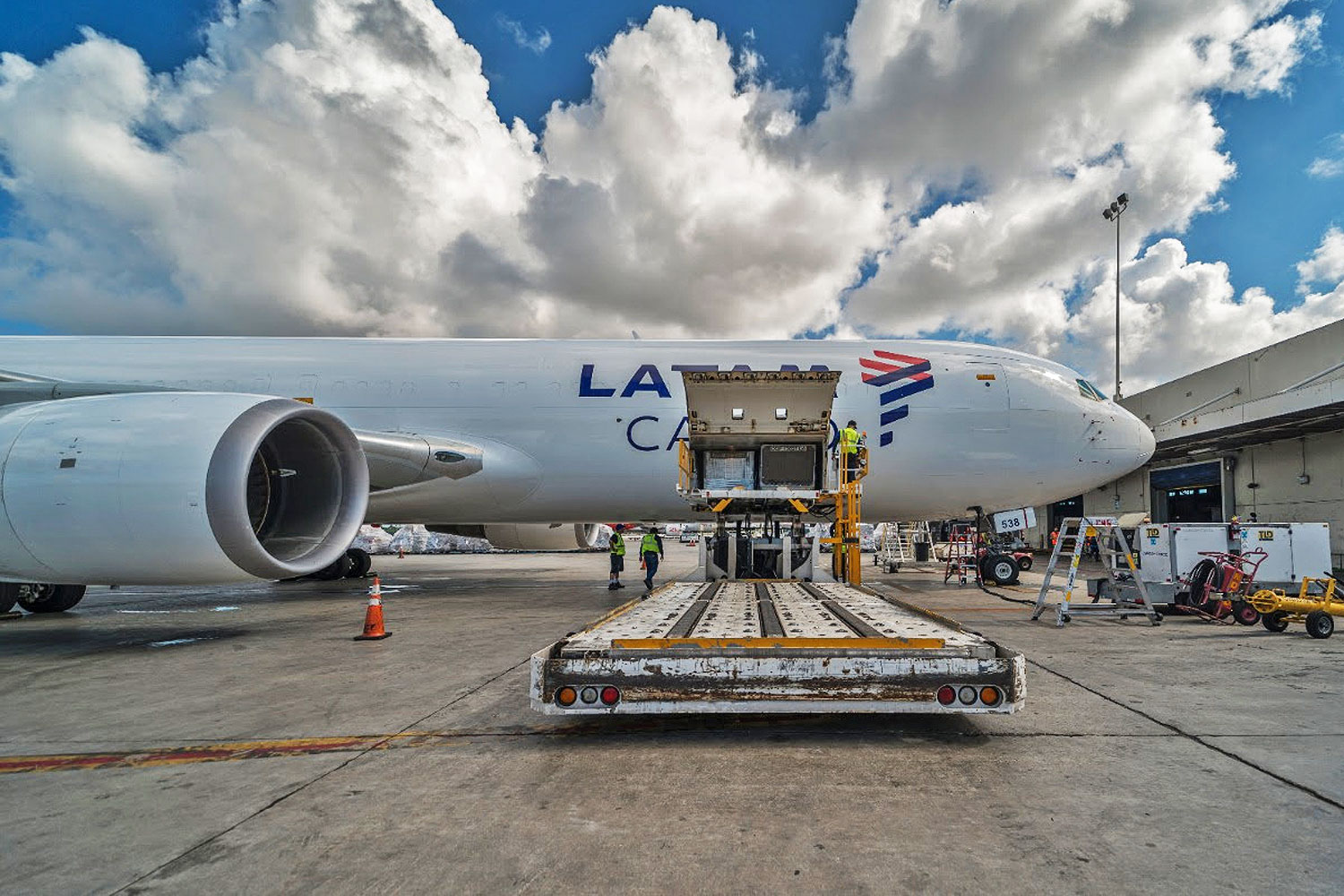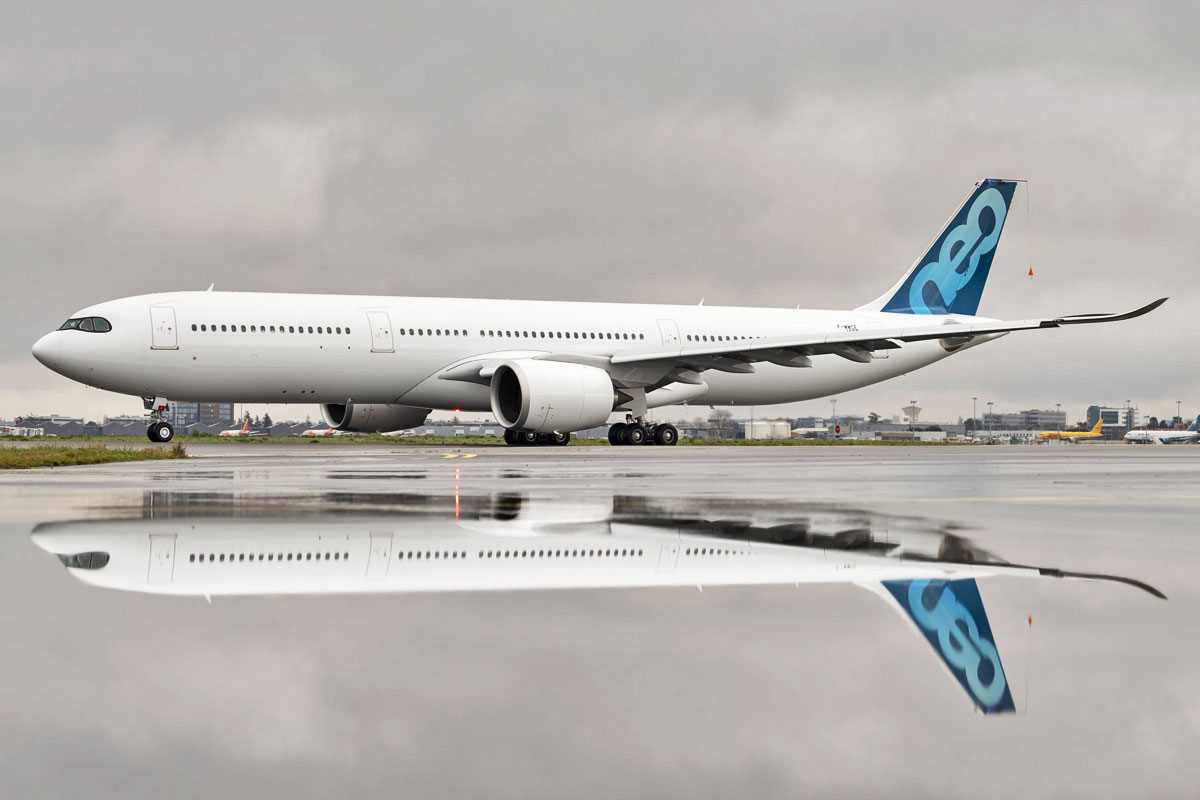Boeing continues to deny the end of the program 747 and insists that the four-engine aircraft will remain in production even at a monthly rate of just 0.5 units. Asked about the possible end of the Queen of the Skies career, the US manufacturer said that “continuing to build 747-8s to meet the backlog of orders for the airplane and will continue to make the right decisions to keep the production line healthy.”
According to Flight Global, however, airframer is close to deciding whether to end production or look for new suppliers to maintain the offer of the iconic jet due to the end of the contract with the Triumph company, which was responsible for providing several sections of 747 fuselage since its launch in the late 1960s.
To further complicate the situation, Boeing is being probed for new orders for the jet, which is currently only sold in the 747-8F cargo variant. According to the company’s backlog, 14 aircraft are pending delivery to UPS, in addition to another four units to the Russian company Volga-Dnepr, but which are not officially listed for accounting reasons.
If it decides to end production on the 747, Boeing will still maintain the assembly line in Everett until 2022, enough time for potential customers to decide to convince the planemaker to change its mind.
The big argument for buying the 747-8F is its load capacity (138 tonnes) and the differential of the tilting nose, which facilitates loading. It is no coincidence that of the 137 units delivered to date in the 747-8 variant, no less than 90 are cargo models.
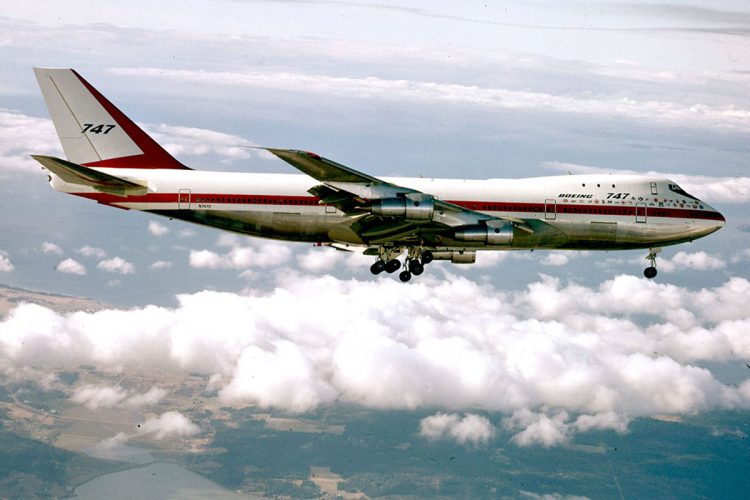
The last 747 for passengers was delivered in December 2017 and since then no other airline has been interested in ordering the massive four-engine jet.
Despite looking like the situation of the A380, Boeing faces a reality quite different from the Airbus rival. The 747 has a longer and more successful commercial career and has been used quite successfully as an freighter, something that the largest passenger jet in the world has failed to achieve.
Both, however, are being withdrawn from operation extremely quickly in view of the consequences caused by the coronavirus crisis. But if it will be rare to see them transporting people in the coming years, it is certain that the “Jumbo” will still be quite popular as a cargo plane.

